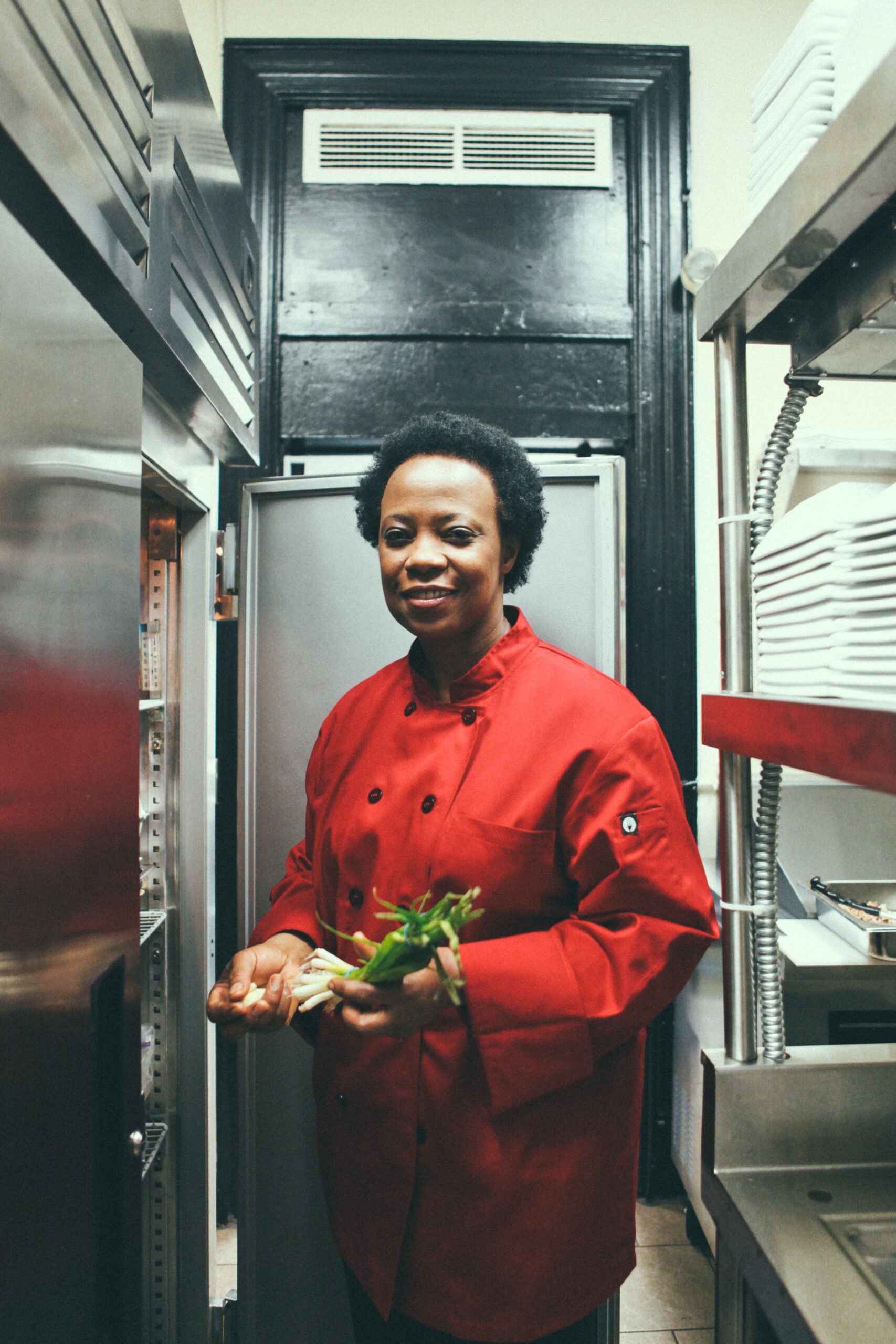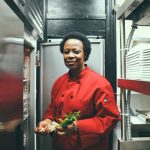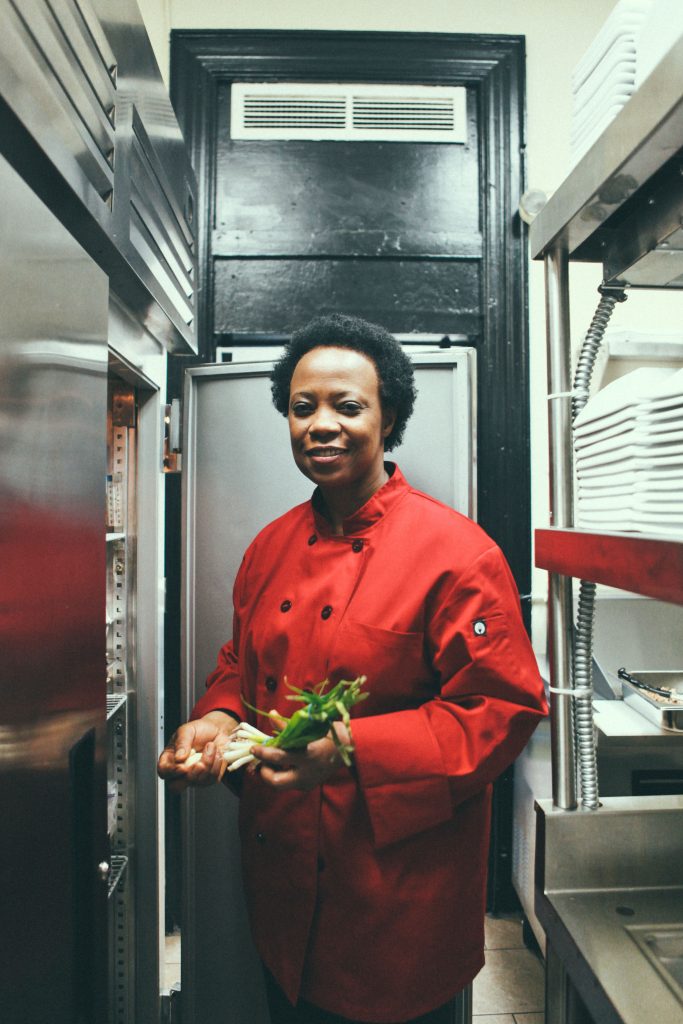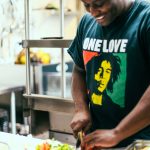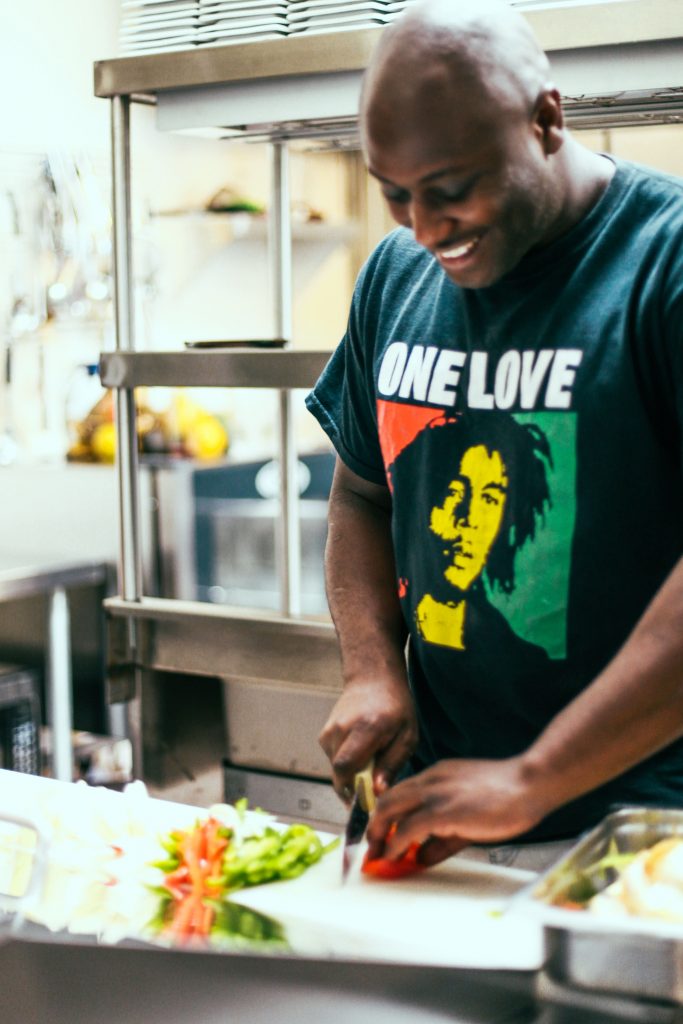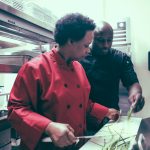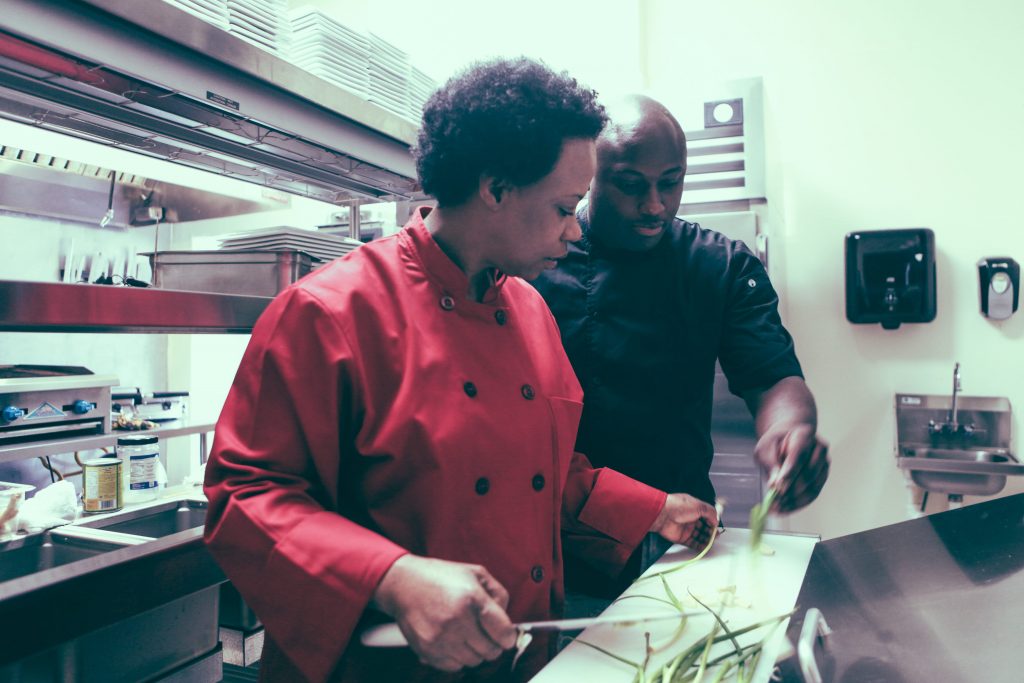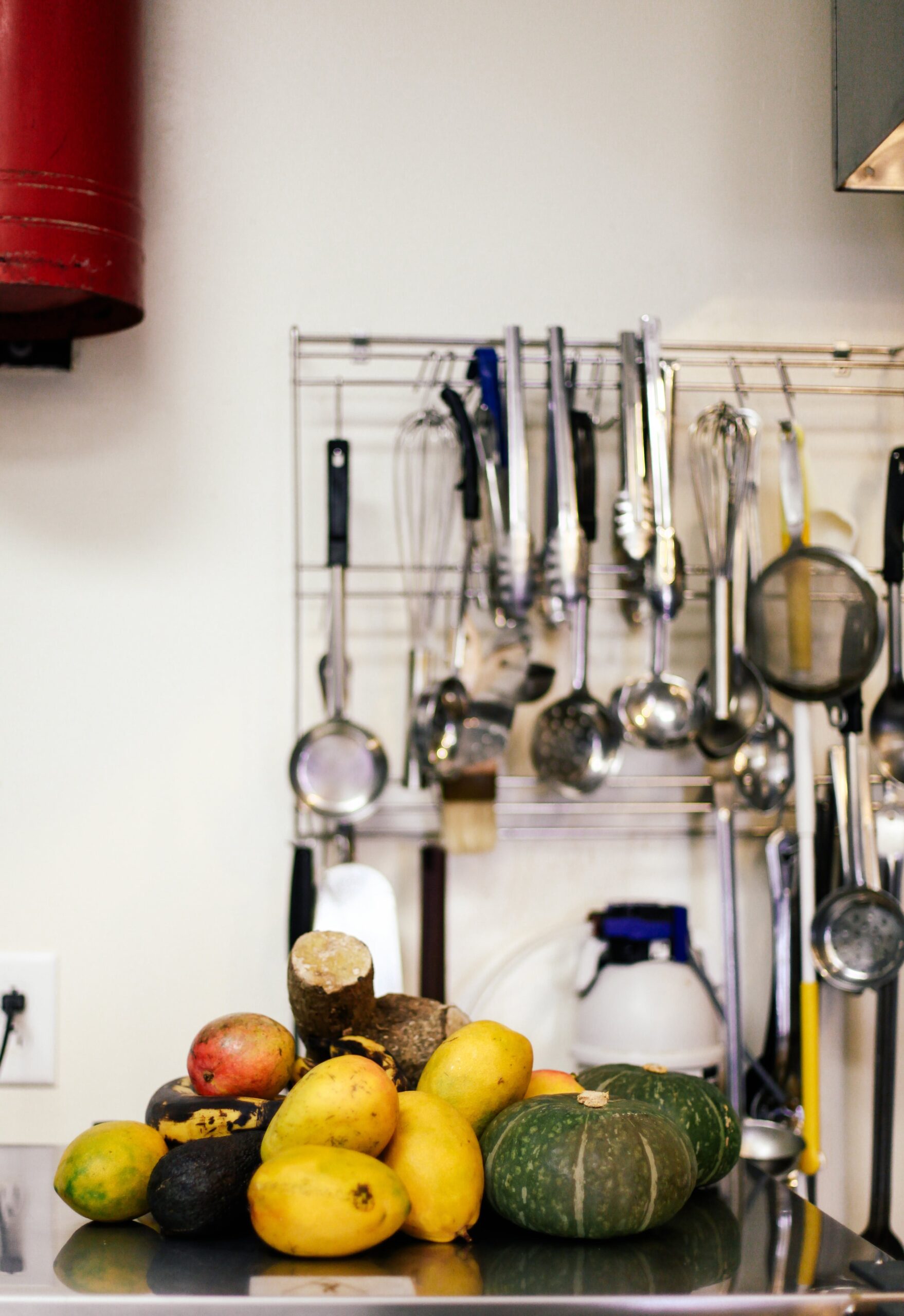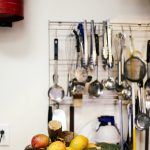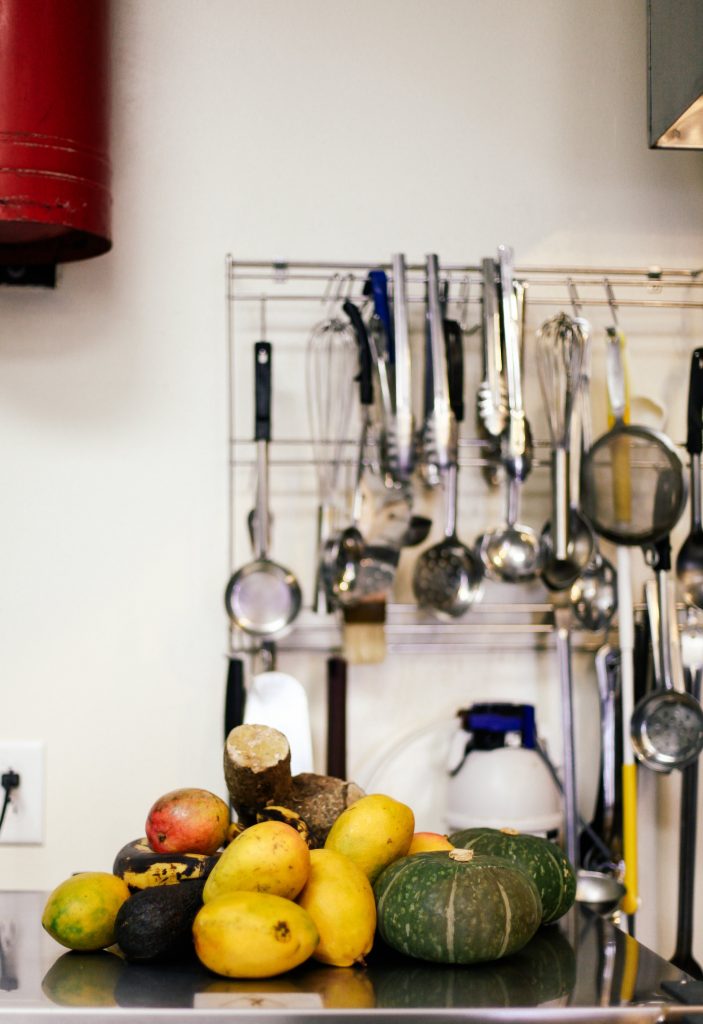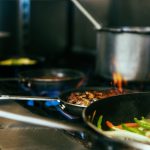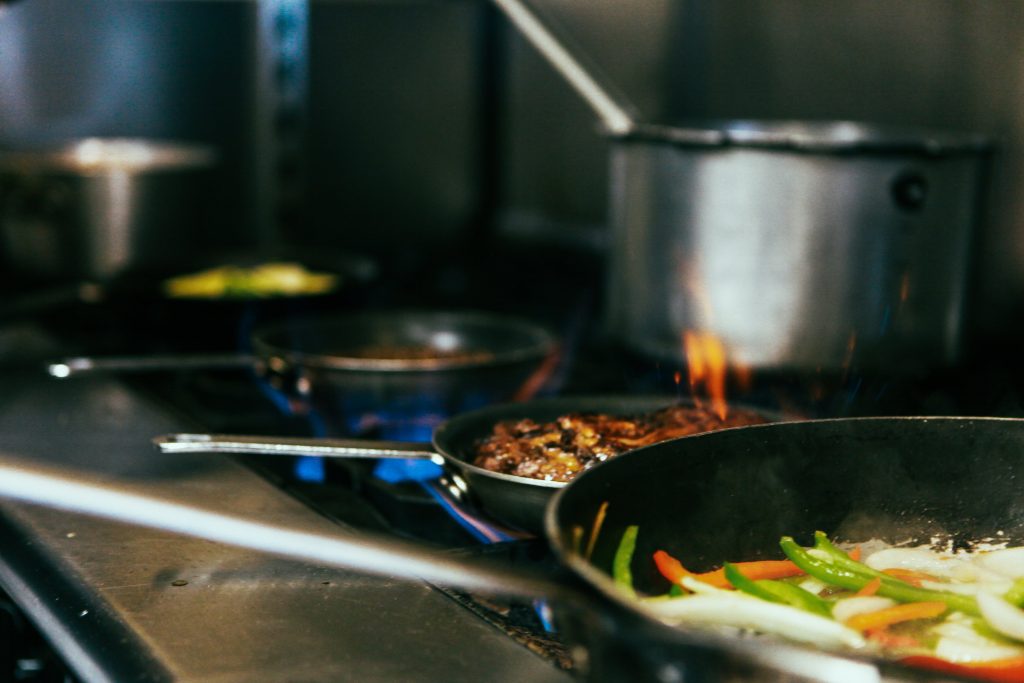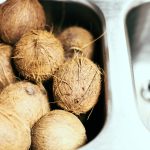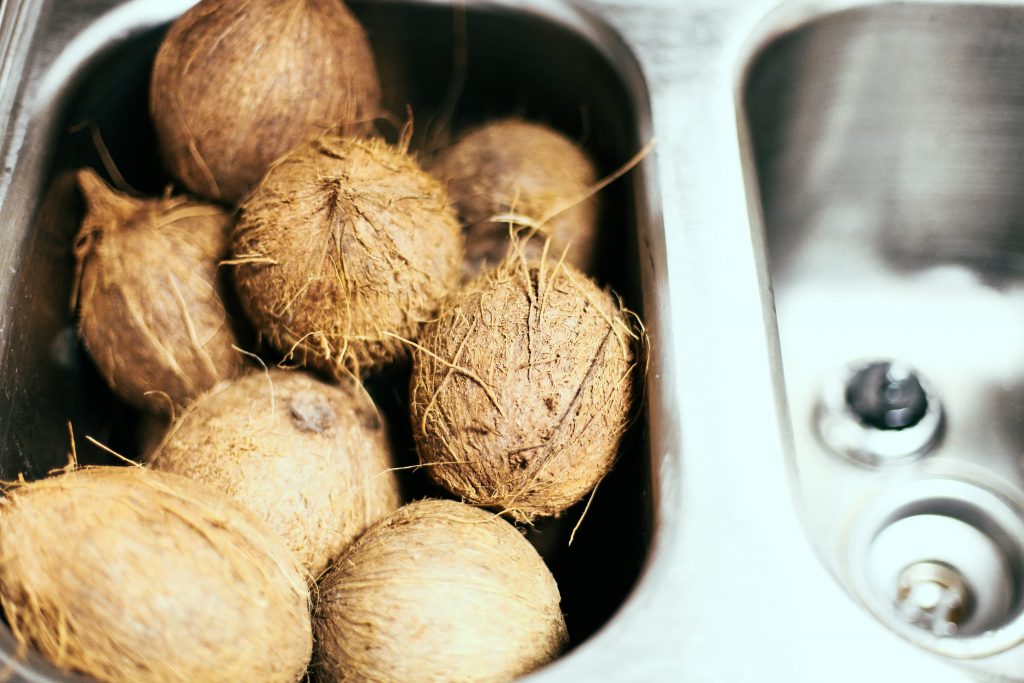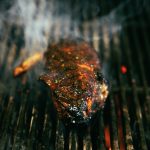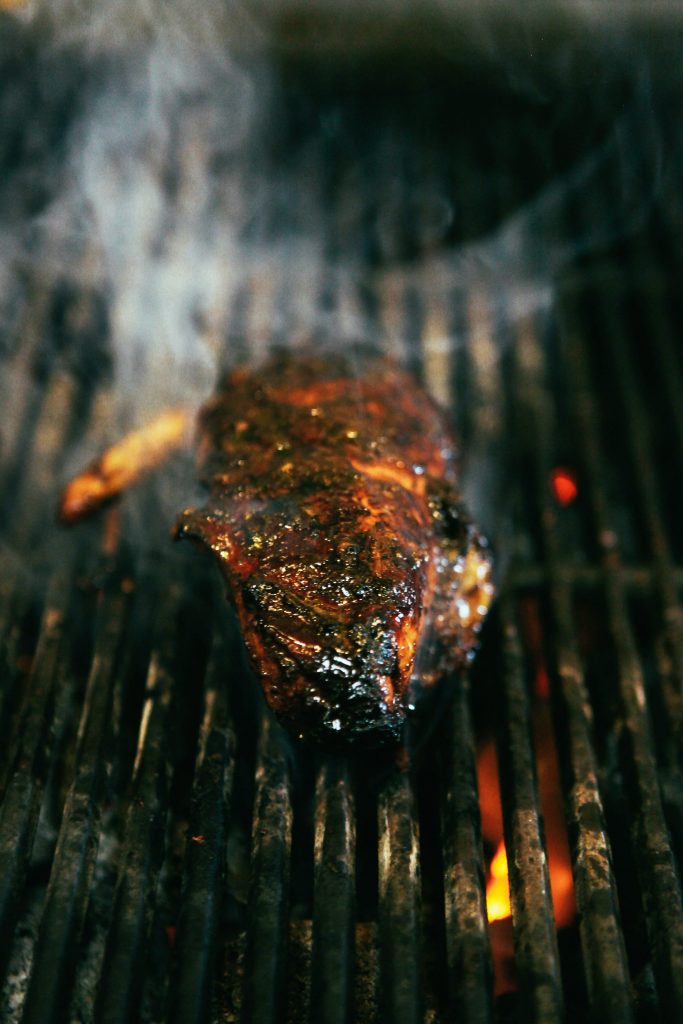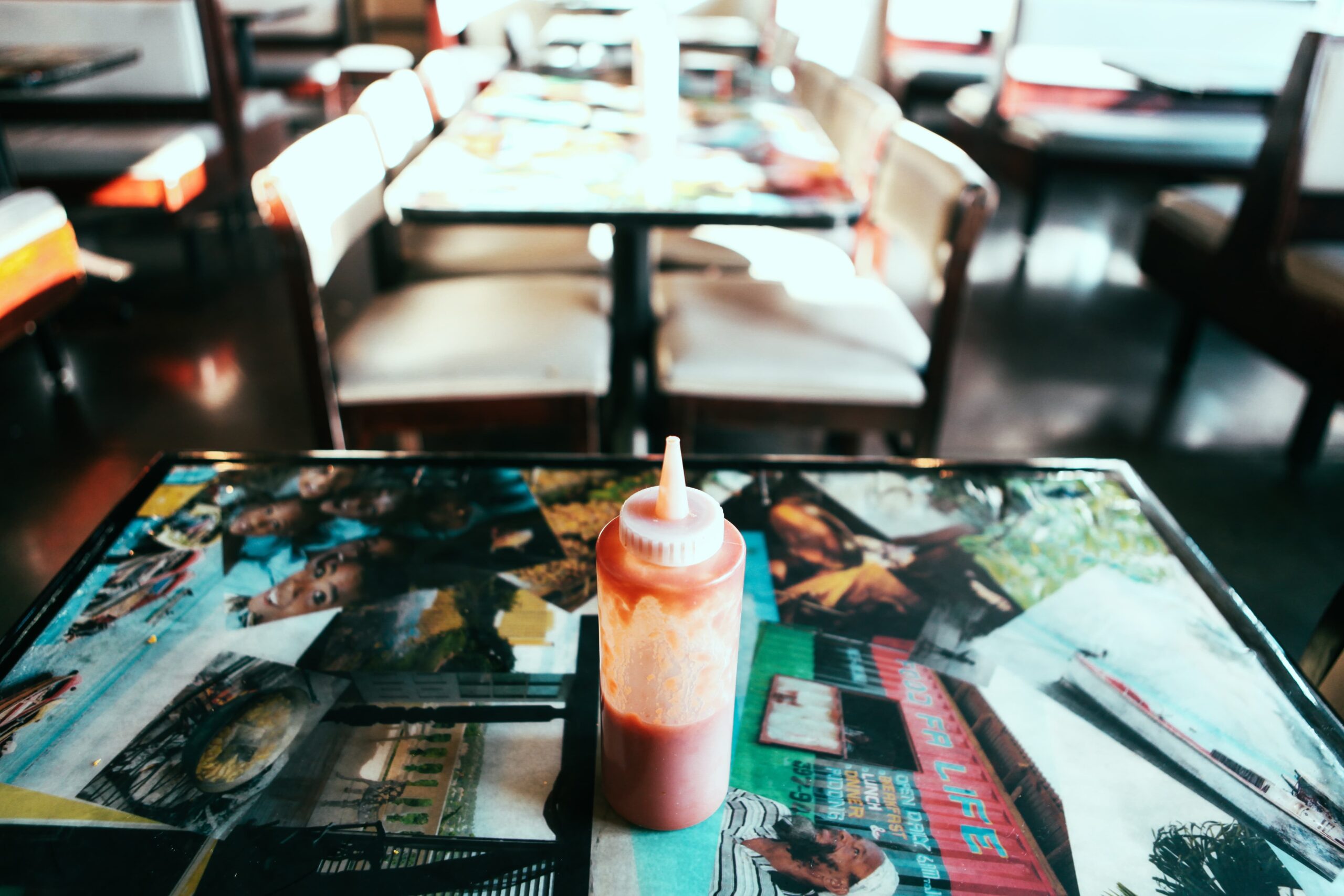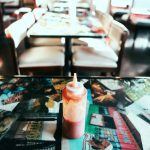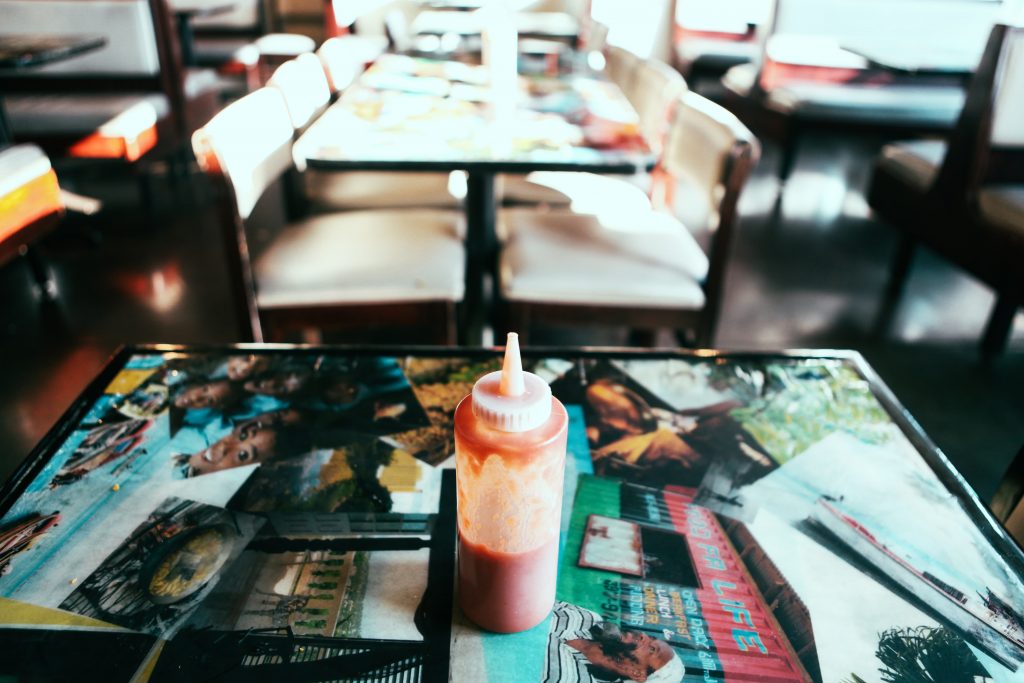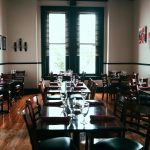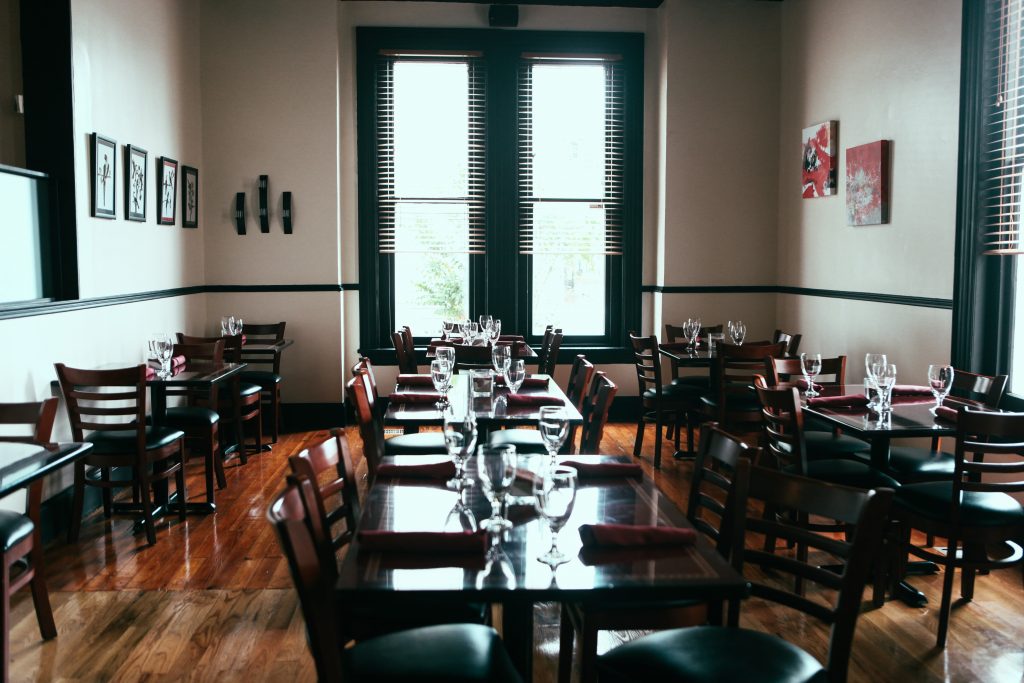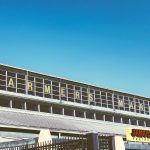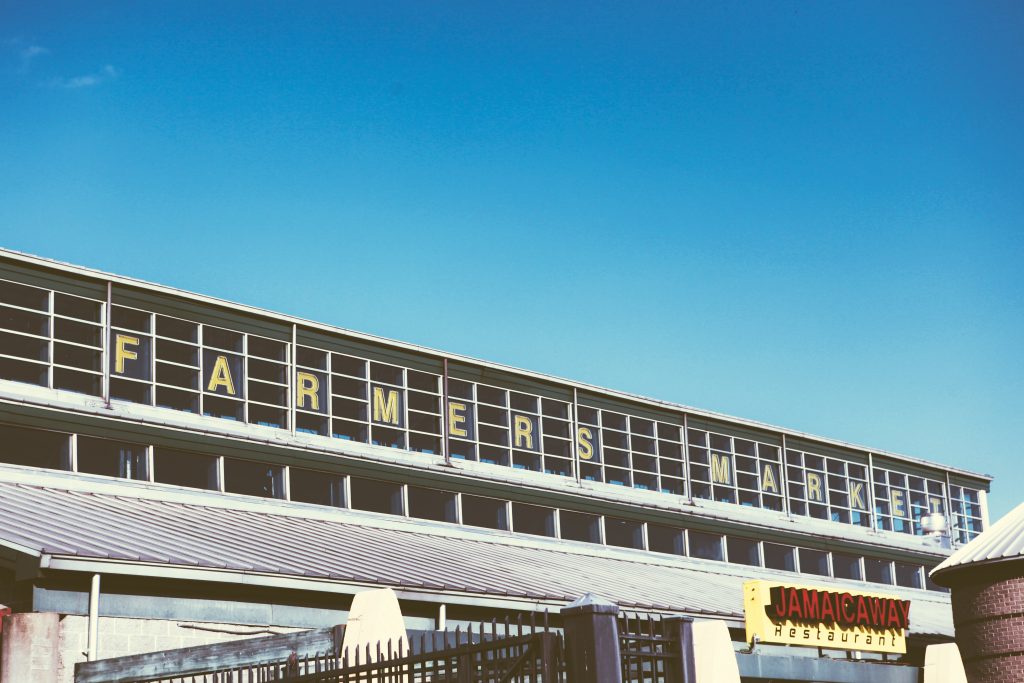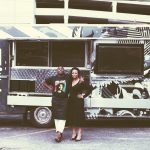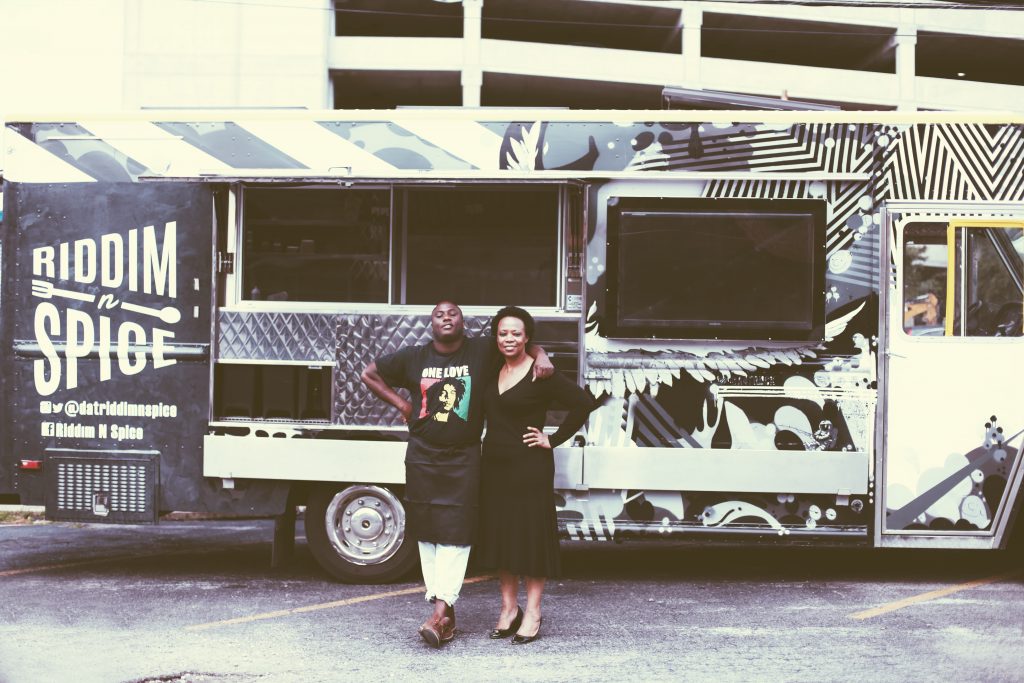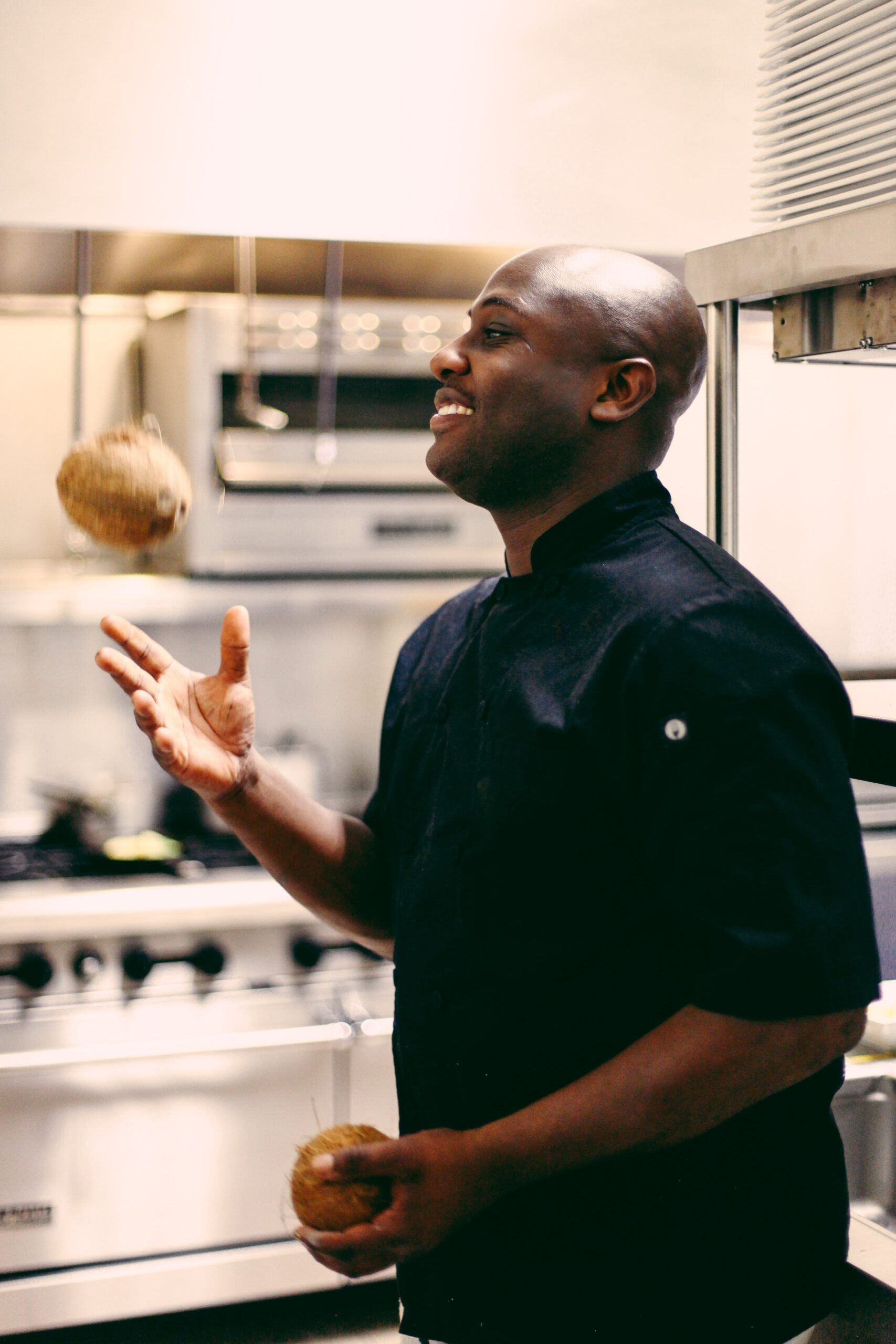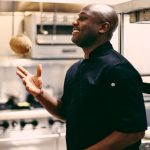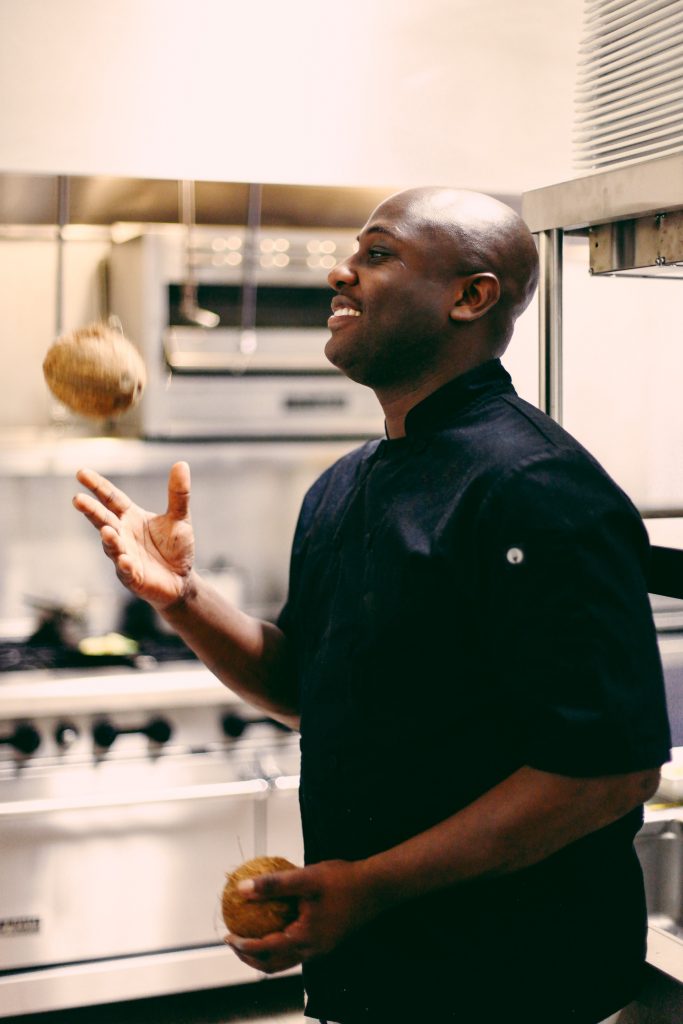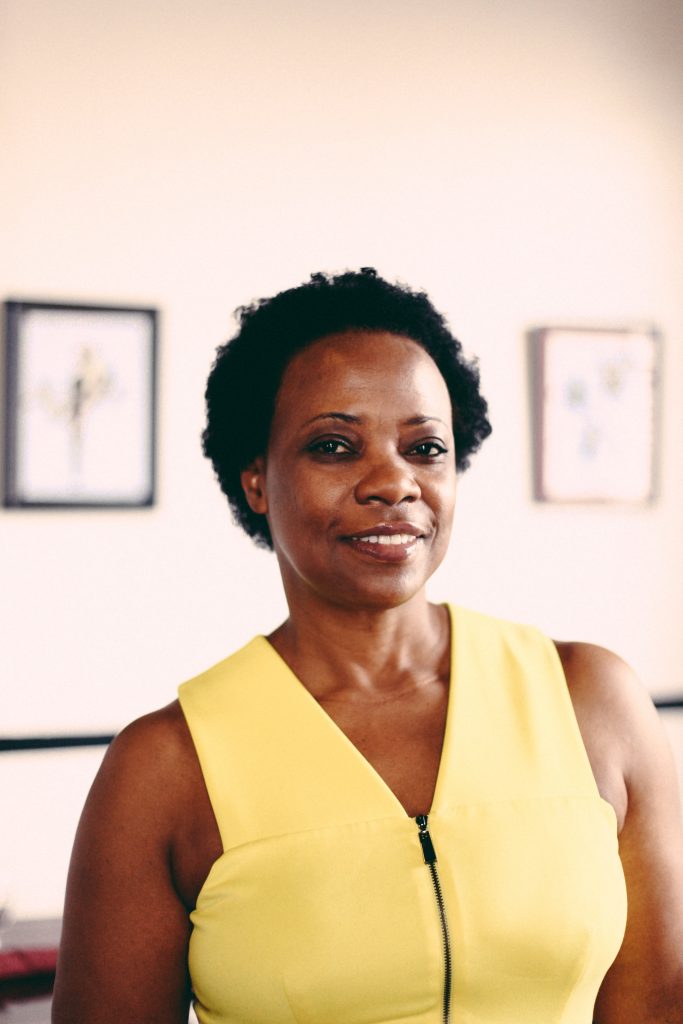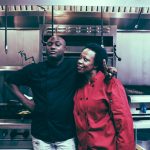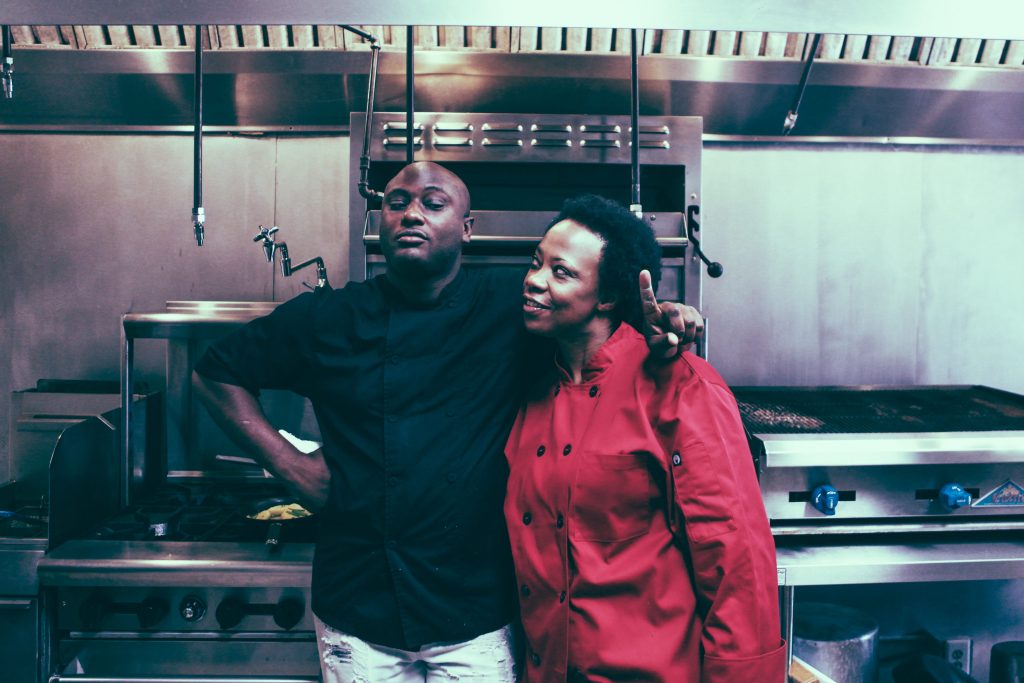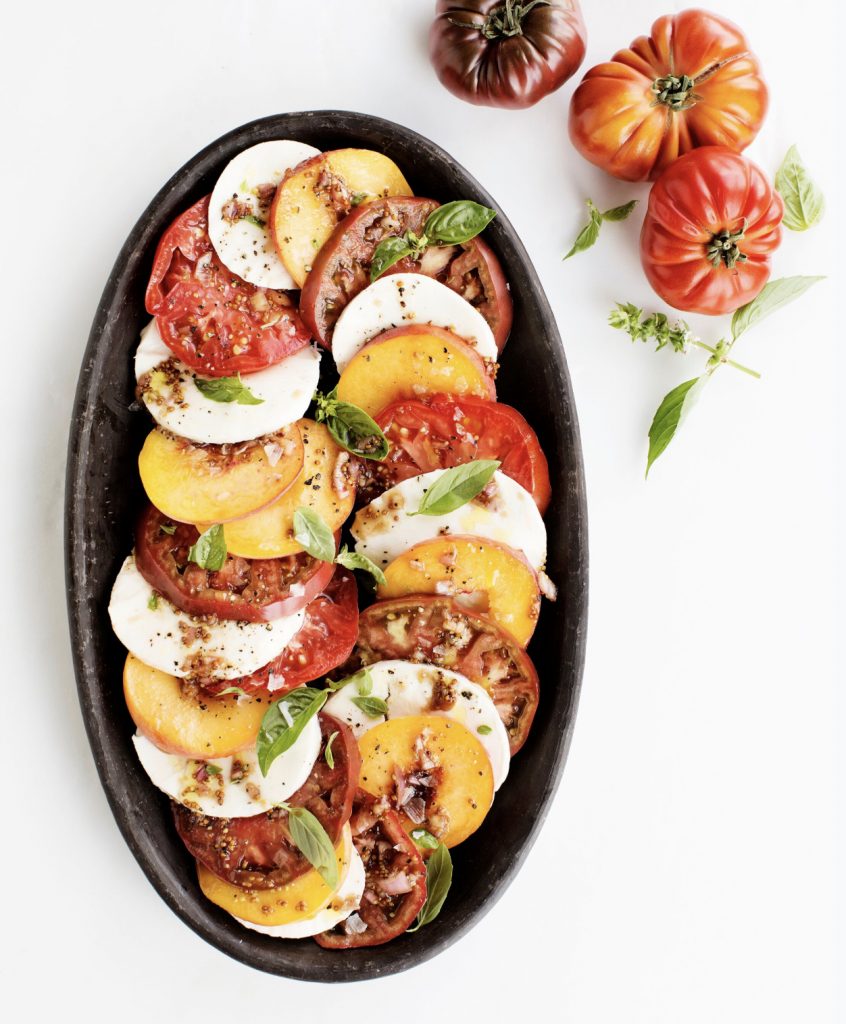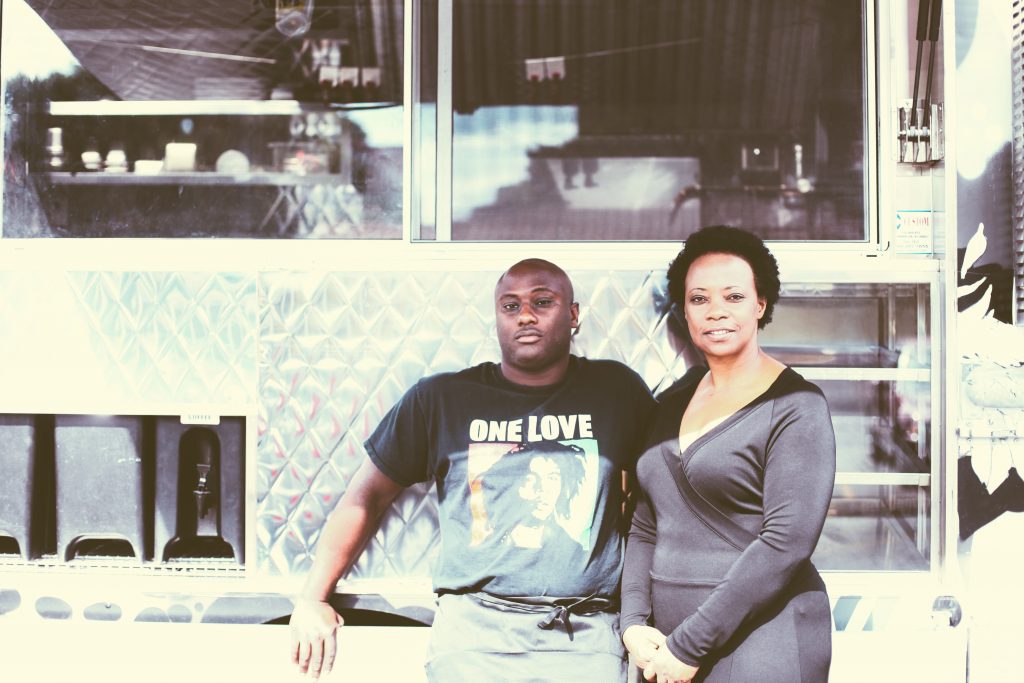
Kamal Kalokoh and Ouida Bradshaw are the mother-and-son team behind Jamaicaway, the popular Jamaican restaurant located inside the Nashville Farmer’s Market. On a superficial level, the name of the restaurant implies that their food is cooked in the “Jamaican way,” with Jamaican ingredients, marinades, and seasonings. Which it is. But hidden in the name is also a reference to the place where Ouida and Kamal grew up: Boston.
Jamaicaway is a street in Jamaica Plain, a historic streetcar suburb about five miles southwest of downtown Boston. It curves along the eastern shore of Jamaica Pond and magically becomes Pond Street after passing the Jamaica Pond Boat House. The reason there are so many “Jamaicas” in this part of Boston has nothing to do with all the Jamaicans living there. According to the local historical society, the name dates back to 1677 and is most likely a reference to the leader of the Native American “Massachusett” tribe, a man who went by the name of Kuchamakin. Chamakin . . . Jamaica . . . you get it.
Before moving to Nashville and starting the Jamaicaway restaurant, the Bradshaw family lived near Jamaicaway. Ouida moved there from the island of Jamaica in 1968, at the age of twelve, along with her parents and nine siblings. She and her family joined a large contingent of fellow immigrants who probably liked the idea of moving from one Jamaica to another. (There are currently about 28,000 people with Jamaican ancestry in this part of Boston, enough to support fifteen different Jamaican restaurants and several direct flights to the island.) Coming of age in this large immigrant community, Ouida learned not only how to cook Jamaican food, but how to feed hundreds of people at a time—lessons that would prove useful in the restaurant business.
Before she became a professional feeder, though, she was a professional teacher. After getting her education degree from Fitchburg State University, twenty-two-year-old Ouida became an elementary school teacher in Boston, teaching fourth and fifth grade for the next twenty-one years. During this second chapter of her life, she continued cooking and even infused cooking into her teaching.
Ouida’s style of teaching was what you might call food-centric. She didn’t motivate her students with a love of learning; rather, she motivated them with a promise of food. “I would set all these criteria for them: perfect attendance, good behavior, completing your homework, being respectful in class. The students who performed well would be invited to a luncheon at the end of the month.” On that day, Ouida would turn her classroom into a restaurant and cook whatever type of food the good-egg students wanted—Italian, Mexican, Jamaican. “It was a very positive thing for them.”
Six years into her teaching career, during the summer of 1984, Ouida gave birth to Kamal Kalokoh—her son and future business partner. Having returned to Mattapan after college, Ouida raised Kamal in the same Caribbean immigrant community that she was raised in twenty years earlier. That meant he grew up around his many Jamaican relatives, family friends, and a festive, community-centric Jamaican culture.
In Jamaican culture, food is the glue that holds everything together, the centerpiece of an inclusive, mixed-race, communal way of life. It’s no surprise then that food is central to Ouida’s and Kamal’s most vivid memories of Boston. When talking about their life up north, Ouida and Kamal both mention the holiday get-togethers that they used to host. Ouida explains how the dinner was served: “We always did buffet-style dinners. Three tables full of food.” Kamal describes how many people were there: “My mom was one of ten siblings, and each one of her siblings had at least two or three kids. There were about sixty people there.”
Ouida not only had to prepare a lot of food for her family, but she had to prepare a lot of different kinds of food. She describes making Jamaican standards like curry goat and ackee and saltfish (Jamaica’s national dish), as well as a table of vegetarian options for her strict Ital relatives. (The Ital diet is a Rastafarian version of a kosher, low-sodium, vegetarian diet—part Christian, part Hindu.) Feeding sixty-plus people with such different tastes and dietary restrictions was a feat, especially without a professional kitchen.
But then again, preparing a variety of food for a large number of people is a fact of life in Jamaica. For starters, Jamaican cuisine is one of the world’s most diverse. Centuries of colonial trade and conquest brought to the island a smorgasbord of ingredients and cooking techniques from around the world. You get curry dishes from India, salted cod (or “saltfish”) from Europe, meat patties from England, and many fruits and vegetables (such as ackee) from West Africa. Though most dishes are built upon the five mother ingredients of onion, scallion, garlic, thyme, and pimiento, Jamaican cuisine incorporates meats, grains, and fish that are definitely not native to the island.
It is a flexible cuisine that reflects Jamaica’s difficult colonial past and offers many options to picky eaters. Which is great if you’re planning to start a Jamaican restaurant. But until she moved to Nashville in 1999, Ouida wasn’t even planning to cook for a living. That year, she quit her teaching job, packed up her things, and moved to Nashville with her husband, David, and Kamal. David was transferring to Deloitte and Touche’s Nashville office, and Kamal was, well, in the middle of high school. He wasn’t initially a fan of the move. “I would’ve rather been dodging bullets in Boston than living in Nashville,” he says with surprisingly little hyperbole. Ouida puts it more plainly: “He hated it.”
With more free time on her hands and no more students to bribe, Ouida decided to pursue cooking professionally. She opened up a catering company called Great Taste Catering and decked out her big Nashville kitchen with fancy equipment: “I got everything Viking: the hood, the huge stove, grill, warming cabinets, trash compactor, wine cellar.” She didn’t spare a penny outfitting her new office, and it paid off. Her kitchen could cook just about anything, even something Kamal had up his sleeve.
Kamal jumps into the conversation now and tells me about his first real cooking experience. He was fifteen years old, his first year in Nashville. Cinnabon had just opened a Nashville location and, of course, as fifteen-year-olds, Kamal and his friends had to try it out. He went with his best friend at the time, Danny, and was not particularly impressed: “I thought, I can do this myself.” So he and Danny went back to Ouida’s kitchen, printed out Cinnabon’s recipe, baked a batch of rolls, and sold them at school the next day. They weren’t perfect, but they were good enough for hungry high school students: “The dough didn’t rise, but they tasted fine.” Kamal’s first time cooking was a mild success.
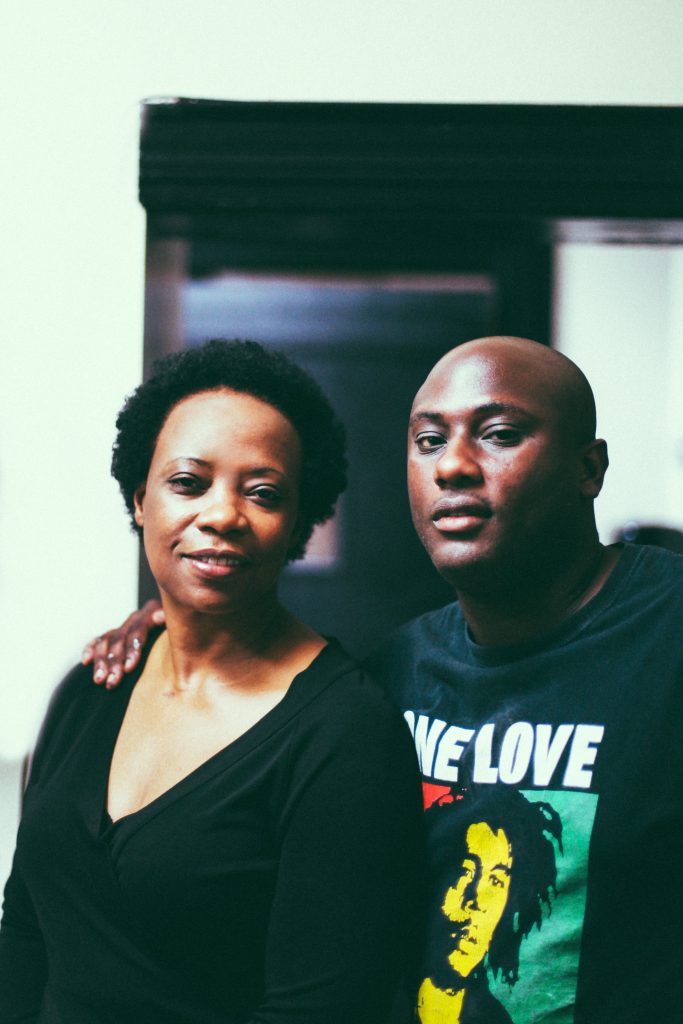
But Kamal wasn’t living in Nashville when his mom turned her catering business into a brick-and-mortar restaurant and called it Jamaicaway. It was 2003, and Kamal was back in Massachusetts attending his mother’s alma mater, Fitchburg State University. There was no immediate need to come back and help out. The restaurant was new and, like many new restaurants, struggling to stay afloat. After a decent opening week, business died down. Ouida tells me in a hushed voice how bad it was: “For the first three years, I did not get paid.” When asked when her business finally started to pick up, she says without hesitation, “October 2010.”
October 2010 is when Jamaicaway was featured on The Food Network’s Diners, Drive-ins, and Dives (you know, the show where Guy Fieri drives around the country getting an aneurysm). A couple weeks after the show aired, lines started forming and profits started spiking. Like him or not, Guy Fieri, a.k.a. the Hungry Hair Gel, a.k.a. the Golden Goatee, made Jamaicaway into the popular food destination that it is today.
If you watch the clip of Guy Fieri at Jamaicaway, you’ll see a fresh-faced Kamal in the kitchen, serving curry goat to an understandably salivating customer. That’s because Kamal came back to Nashville in 2010 after spending five prodigal years in Miami attending Johnson & Wales University and not quite making enough money to live in Miami.
He came back to Nashville because he wanted to cook. He took what he learned at culinary school in Miami and applied it to his mother’s kitchen at Jamaicaway. It didn’t take him long to get settled there; he knew the recipes from watching his mother cook them at home. But still, something was missing for him. He wanted to make a name for himself. He wanted to do his own thing.
It was busy as hell, but I was like, ‘Mummy, I’ll be right back, I gotta go feed Drake.’
Kamal’s opportunity to chart his own path came in the winter of 2012. He was working in the kitchen at Jamaicaway, serving curry goat and meat patties, when he heard that the rapper Drake was in town. Something came over him. “I put rice and peas, plantains, and chicken on a plate. It was busy as hell, but I was like, ‘Mummy, I’ll be right back, I gotta go feed Drake.’” Ouida didn’t recognize this fellow’s name and responded as any supportive mother would, “Who’s Drake?” Kamal explained everything as best he could. “Don’t worry, don’t worry—I gotta feed him real quick.” He rushed out of the restaurant, plate o’ chicken in hand, to feed Drake.
To say that it took Kamal longer than “real quick” to find Drake would be an understatement. His pursuit of the rapper around town was more akin to stalking than searching. He started with the MLK Magnet High School, where Drake was spotted in the morning. No luck. “The kids were all outside, frantic, like, ‘Yo, we just met him, he talked to us.’” Kamal asked them where he had gone, and they didn’t know anything except that he had driven off in a big red bus. Kamal the detective got his first clue.
With his mother holding down the fort at Jamaicaway, Kamal drove around town in search of a big red bus. He drove around Germantown. Nothing. He drove to Midtown. No bus. Then he drove downtown and miraculously saw the bus outside of the Union Station Hotel. A couple hours had passed. He went inside the hotel to see if Drake was there, to no avail. So he kept searching: “I drove down Broadway looking for him. Something told me to park my car in front of the Bridgestone Arena, so I did that and walked into the arena.” Drake was playing a concert later that night, so the odds of him being there were high. “I walked backstage all the way down the stairs, past some local Bridgestone workers, past the people setting up the rig, and caught Drake walking out of a door.” This was his chance.
“Yo, Drake, here’s some really good food from Jamaicaway down the street.” Kamal shoved the plate of food in front of him. His nerves were through the roof. Drake’s, on the other hand, were not. He reacted as if this were all planned. According to Kamal: “Dude just started eating right in front of me.” Drake thanked him and invited him into the hospitality room, where everyone in the room eyed his food. “All his boys were looking at his food saying, ‘Where’d you get that?’” Kamal took one look at the untouched catering food and told them he could “feed them all right now.” They gave him fifteen nods of approval, so he raced back to Jamaicaway and returned with a car-full of free food.
After catering Drake’s next show in Columbus, Ohio, the rapper’s manager called and gave Kamal the news: “You’re Drake’s tour chef.” From January 2012 to the middle of the summer, Kamal traveled around America and Europe with Drake on his Club Paradise Tour, the highest-grossing hip-hop tour of the year. Every night, he made the same Jamaican food that he grew up eating and later began serving at Jamaicaway. Every night, all the food was eaten. By the end of the tour, Kamal had cooked for Richard Branson, Kanye West, Quincy Jones, and the entire Manchester City soccer team. His reputation as a tour chef preceded him.
In September 2012, just a couple months after Drake’s tour ended, Kamal was asked to be Rihanna’s personal in-house chef. This too was a result of Kamal’s pluck and luck. He had sent a five-paragraph email to Rihanna’s management at Roc Nation, introducing himself and asking to be her tour chef. They replied curtly: “Thank you. We have a tour chef.” Refusing to give up, Kamal contacted Rihanna’s tour manager, who didn’t offer any promises and admitted his preference for bigger catering companies. But two weeks later he called Kamal and said, “Look, come to Vegas and cook for her. If she likes your food, you’ll be her caterer.” She ended up liking his food, and he ended up being her personal chef from September 2012 to March 2013.
When Kamal returned to Nashville in the spring of 2013, he and his mother were already making plans to expand the Jamaicaway empire. Like Ouida did ten years earlier, he decided to turn his personal catering business, Riddim N’ Spice, into a brick-and-mortar establishment. He wrote the business plan, found the space, and just recently bought a food truck so he can launch the concept before the restaurant opens (in fall 2014).
Ouida opened a raw, vegan, Ital-friendly restaurant called Topanaris this past January. It’s basically a more organic version of Jamaicaway: “At Jamaicaway, it’s all natural; at Topanaris, it has to say free range, no GMO.” These restaurants, along with a new Jamaicaway location in Cool Springs, represent the next steps in the Kalokoh-Bradshaw family business.
Though they’re cooking the same kind of food, mother and son are preparing it in very different ways. Kamal’s new restaurant will serve slow-cooked fast food (think Chipotle or Qdoba). He sees it primarily as a quick-fix, late-night spot, which there aren’t very many of in Nashville. Ouida’s Topanaris, on the other hand, features next-to-no-cooked slow food. It’s a quieter, sit-down restaurant where you can spend time eating your food and talking to your friends.
The fact that Nashville can support three different kinds of Jamaican restaurants, without a large Jamaican population, speaks to the growing food culture here. The city is changing and developing a taste for different kinds of food. Before Jamaicaway, there were one or two Jamaican restaurants in town, and none of them survived. Now there are three Jamaican restaurants, and they’re all surviving.
For Kamal and Ouida, this expansion doesn’t represent a change in their long-term goals. They still have a deep-seated desire to feed people and build a community around food. Unlike the slick, millionaire restaurateur types that we see in New York City and Vegas, Kamal and Ouida aren’t driven by money and fame; they want to share their food with people and make them happy. Whether it’s transplanted Jamaicans, overzealous Food Network hosts, or Grammy Award–winning hip-hop sensations, that’s been their life’s mission from the start.
Suggested Content
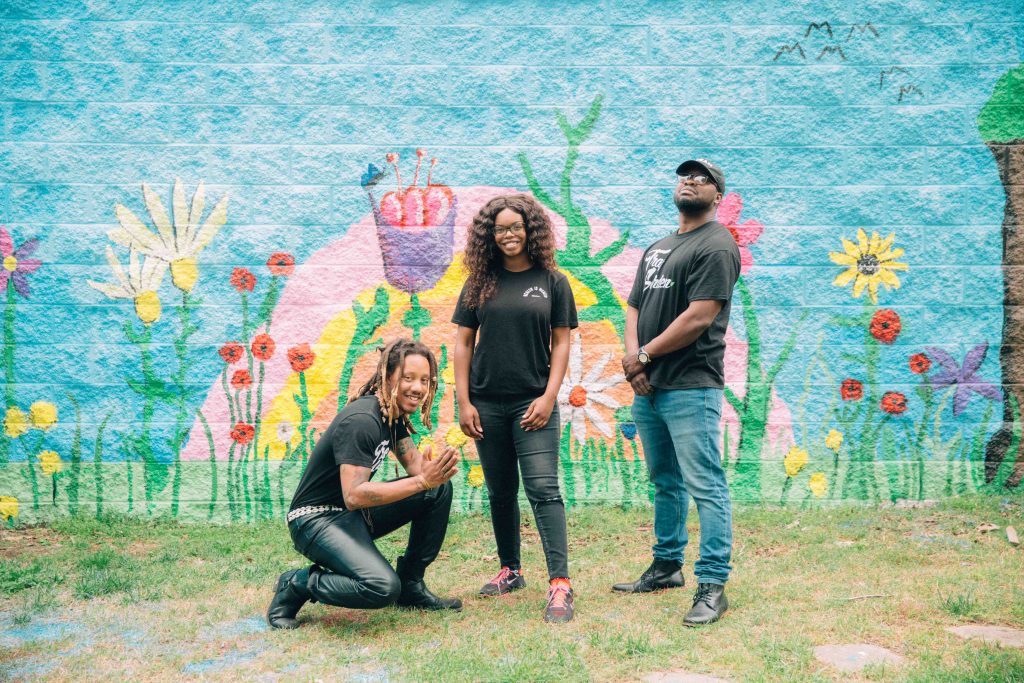
Can You Dig It?
How urban farming nonprofit Trap Garden is working to eradicate Nashville’s food deserts
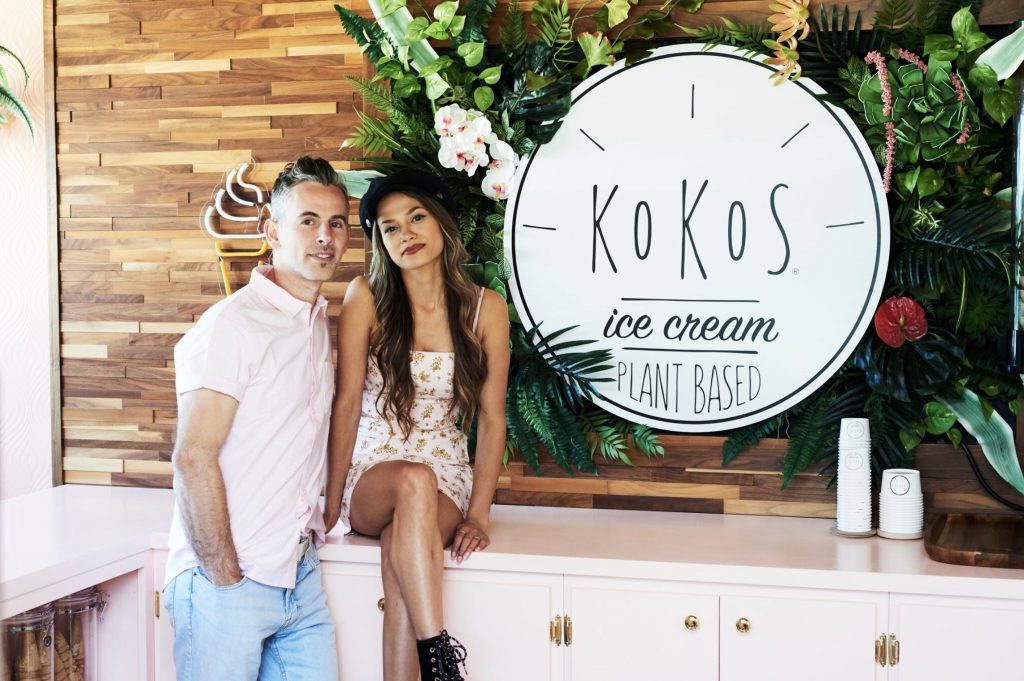
Double Scoop of Happiness
Kokos Ice Cream creators Jerusa van Lith and Sam Brooker want to show you just how good ice cream can be.

